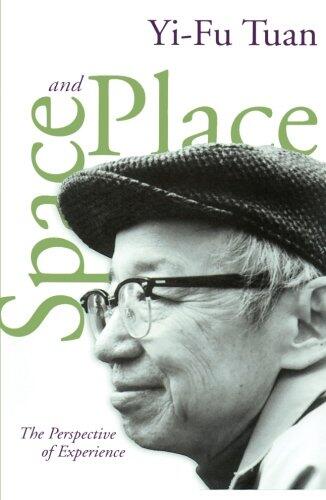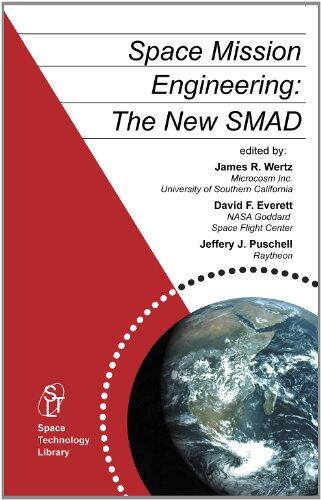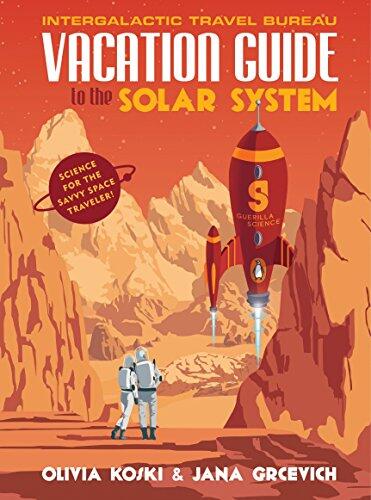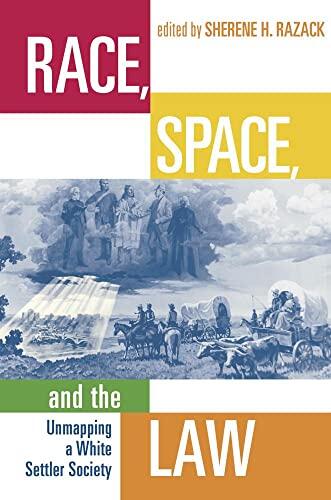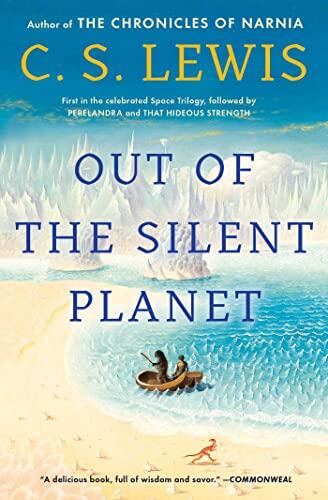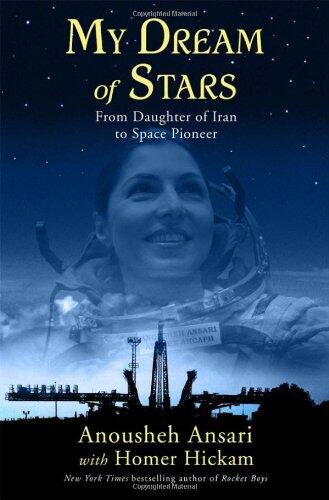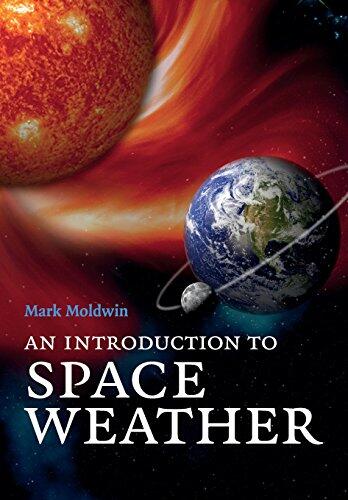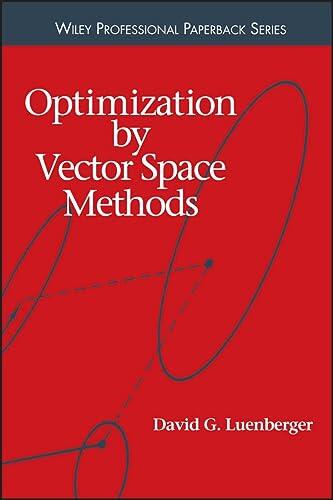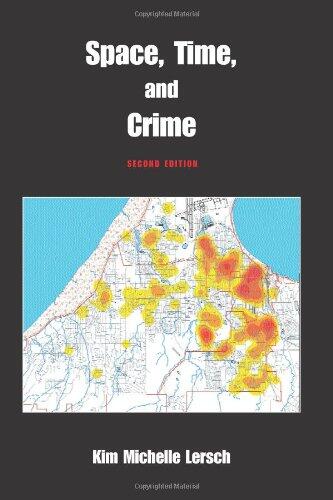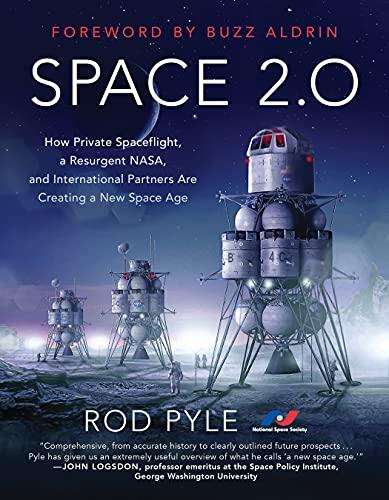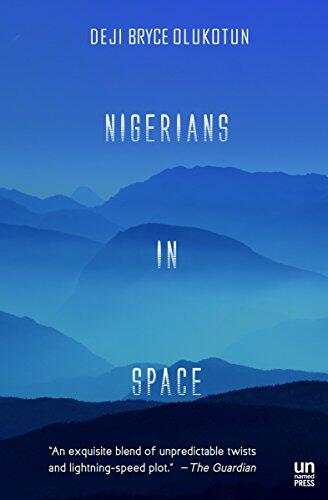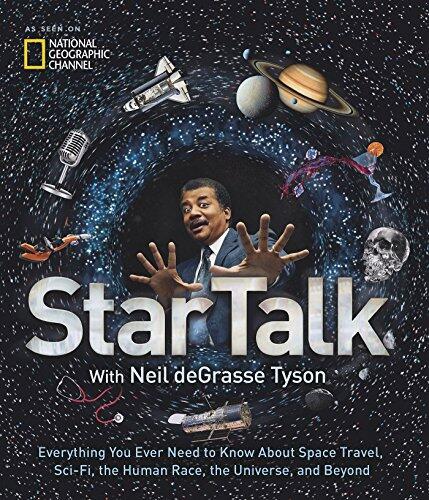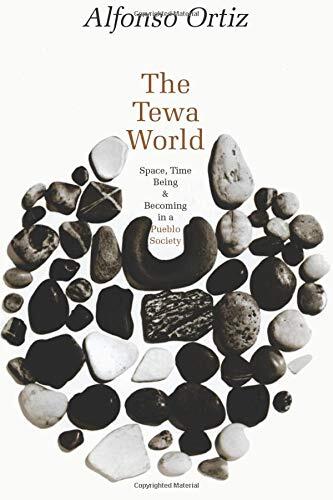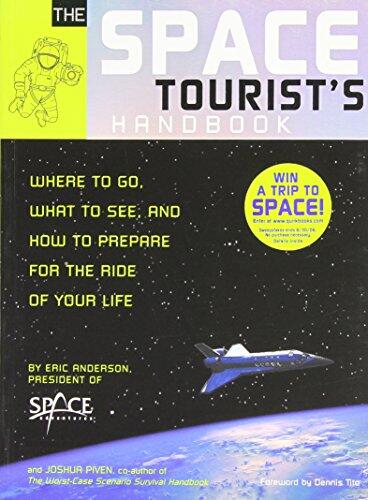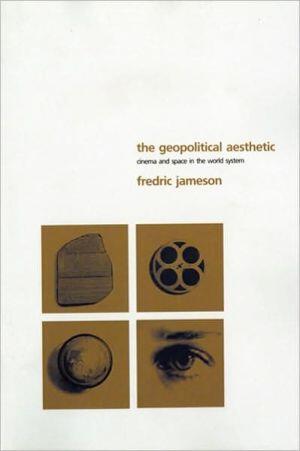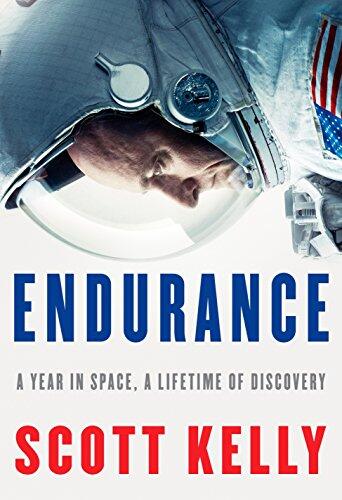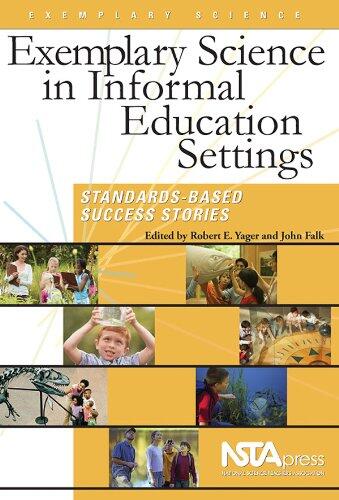
Exemplary Science In Informal Education Settings: Standards-Based Success Stories
작성자
Robert E. Yager
아직 평점이 없습니다
Science & Technology
형식
페이퍼백
페이지
279
언어
영어
출판됨
Oct 31, 2007
출판사
National Science Teachers Association
ISBN-10
1933531096
ISBN-13
9781933531090
설명
In a world where science education is often confined to formal classrooms, there exists a rich tapestry of informal learning environments that can inspire curiosity and foster genuine understanding. This exploration highlights various success stories that showcase how informal settings, such as museums, after-school programs, and community-based initiatives, can align with educational standards to create impactful learning experiences.
Robert E. Yager delves into the transformative power of these alternative educational contexts, demonstrating how they can engage learners of all ages. The narratives presented serve as a testament to the creativity and innovation that can thrive outside traditional education systems, providing insights into effective practices that have captivated the imaginations of countless students.
Through a compilation of real-life examples, the work illustrates the challenges and triumphs faced by educators and facilitators as they strive to make science accessible and relatable. Readers are invited to reconsider the boundaries of science education and explore ways to cultivate a vibrant culture of inquiry and exploration in various settings.
Ultimately, this examination emphasizes the importance of fostering a love for science beyond the classroom, empowering individuals to embrace scientific thinking in their everyday lives. The stories presented not only highlight success but also offer a roadmap for future endeavors in informal education, illustrating that the journey of learning is both boundless and essential.
Robert E. Yager delves into the transformative power of these alternative educational contexts, demonstrating how they can engage learners of all ages. The narratives presented serve as a testament to the creativity and innovation that can thrive outside traditional education systems, providing insights into effective practices that have captivated the imaginations of countless students.
Through a compilation of real-life examples, the work illustrates the challenges and triumphs faced by educators and facilitators as they strive to make science accessible and relatable. Readers are invited to reconsider the boundaries of science education and explore ways to cultivate a vibrant culture of inquiry and exploration in various settings.
Ultimately, this examination emphasizes the importance of fostering a love for science beyond the classroom, empowering individuals to embrace scientific thinking in their everyday lives. The stories presented not only highlight success but also offer a roadmap for future endeavors in informal education, illustrating that the journey of learning is both boundless and essential.

